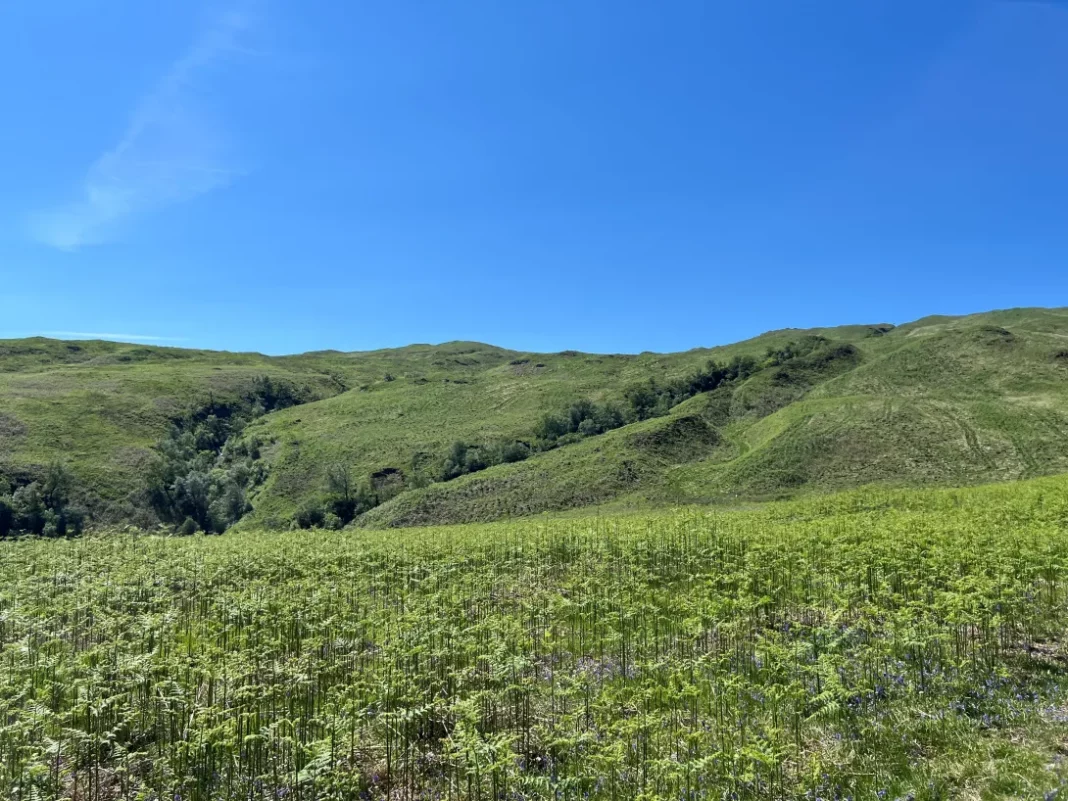Aggregate Industries has committed to be ‘nature positive’ by 20230.
Announcing the launch of the company’s first company-wide nature strategy Anna Baker, the company’s Sustainability Director, said: “It’s been widely documented that we are currently in a nature crisis. As our primary business model relies on the extraction of natural resources, we know that we need to play our part in contributing to a nature positive future which is why I am so pleased to launch our Nature Strategy.
“It provides clear commitments to ensure we reduce future negative impacts, restore nature and habitats and advocate for nature throughout our entire value chain.
“We recognise that during this time we’ll be learning, growing and sharing our experiences to deliver the nature based solutions needed to become Nature Positive by 2030.”
The company acknowledges that the nature and climate crises are intrinsically linked, and nature-based solutions will play a vital role in reducing the impact of climate change.
By launching its nature strategy the company looks to accelerate action and build upon a strong foundation, which includes investing £24m in restoration activity over the last five years.
Other fundamental drivers for the framework set out in the nature strategy include adopting the Science Based Target Network’s Framework for Nature, which outlines how we interact with nature, and, the Global Goal for Nature, which sets out how organisations can contribute towards nature positivity by 2030 in order to help biodiversity to recover and thrive.
Aggregate Industries intends to measure the biodiversity value of all of its active aggregates sites by surveying habitats and species and then set out on a journey to reduce future negative impacts, restore nature and habitats and advocate nature positivity.
On top of this, it will ensure that it has biodiversity plans at all of its active UK quarry sites, have dedicated places for nature across all 200 of its sites and further roll out of a woodland programme building on the 105,000 trees already planted at its Glensanda super quarry in western Scotland as part of a new 64-hectare woodland.
Among other key actions the company plans to undertake by 2026 are:
- Increase use of Construction Demolition Materials to three million tonnes per year
- Reduce freshwater withdrawal intensity in the production of cement (by 30%) and readymix concrete (by 3.9%)
- Establish Biodiversity Indicator Reporting System (BIRS) and biodiversity baseline roadmap
- Creation of a new AIUK Wildlife Fund
- Produce a heatmap to understand the suppliers that have the greatest potential nature impact
- Undertake nature impact assessments on the procurement of five high nature impact products.



